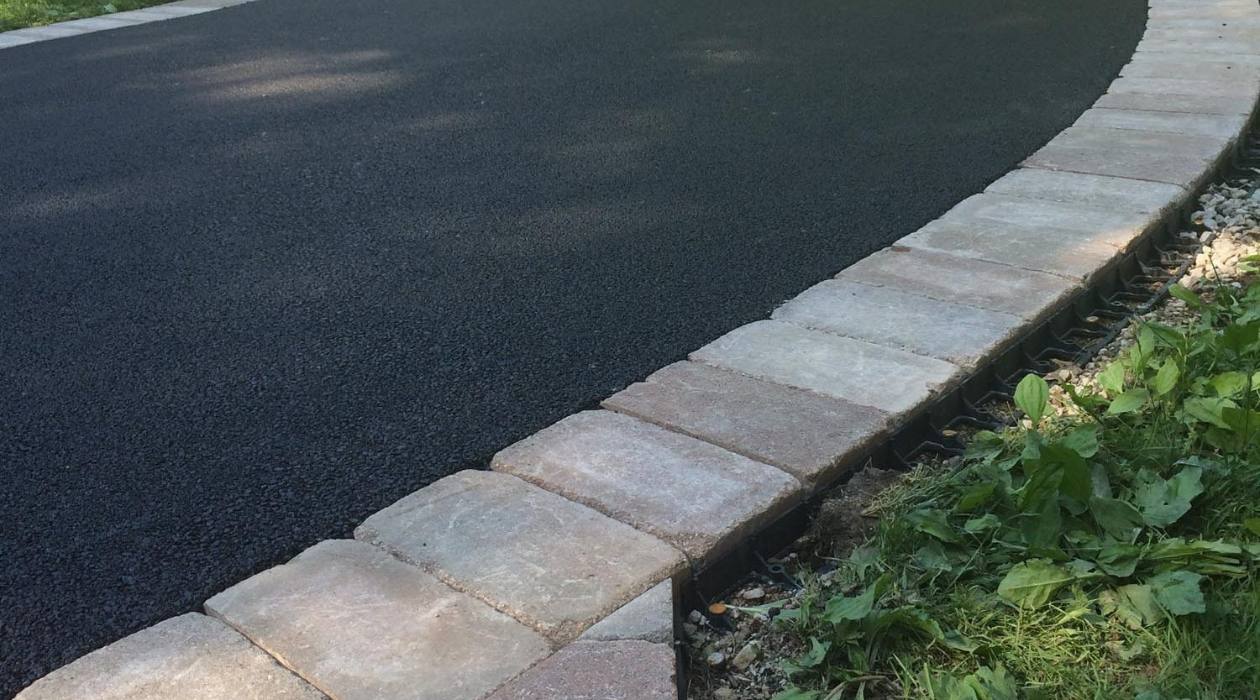

Articles
What Is An Asphalt Driveway
Modified: February 23, 2024
Learn all about asphalt driveways with our informative articles. Find out how to install, maintain, and repair your own driveway for long-lasting durability.
(Many of the links in this article redirect to a specific reviewed product. Your purchase of these products through affiliate links helps to generate commission for Storables.com, at no extra cost. Learn more)
Introduction
Welcome to the world of asphalt driveways! If you are considering installing or renovating a driveway, asphalt is a fantastic option to consider. With its sleek and durable surface, an asphalt driveway not only enhances the curb appeal of your property but also provides a smooth and stable surface for you to drive, walk, and park on.
In this article, we will take a close look at what exactly asphalt is, the benefits of having an asphalt driveway, the installation process, maintenance tips, and the cost associated with it. By the end, you will have a comprehensive understanding of why asphalt is a popular choice for driveways and how it can elevate the overall look and functionality of your property.
So, let’s jump straight into it and explore the world of asphalt driveways!
Key Takeaways:
- Asphalt driveways offer durability, enhanced curb appeal, and cost-effectiveness. Their smooth surface and quick installation process make them a worthwhile investment for any property.
- Proper maintenance, including regular cleaning, sealcoating, and crack filling, is essential for prolonging the lifespan of an asphalt driveway. Winter maintenance and avoiding heavy loads also contribute to its longevity.
Read more: What Is The Best Driveway Sealer For Asphalt
What is Asphalt?
Before we delve into the benefits and installation process of an asphalt driveway, let’s first understand what asphalt is. Asphalt, also known as bitumen, is a sticky, black, and highly viscous material that is derived from crude oil. It is commonly used as a binder in the construction industry to create durable and flexible surfaces, such as roads, driveways, and parking lots.
Asphalt is composed of aggregates (such as crushed stone, gravel, or sand) mixed with a binder, which is the bitumen. The aggregates provide strength and stability to the asphalt mixture, while the bitumen acts as the glue that holds the mixture together. This combination results in a strong and resilient material that can withstand heavy traffic, extreme weather conditions, and regular wear and tear.
One of the key advantages of asphalt is its ability to adapt to different climates. It can expand and contract with temperature changes without compromising its integrity. This makes it an ideal choice for regions that experience extreme temperatures, as it can withstand both freezing winters and scorching summers.
Additionally, asphalt offers excellent skid resistance, providing better traction for vehicles during wet or icy conditions. Its darker color also helps to melt snow and ice faster, reducing the risk of accidents on your driveway during the winter months.
Overall, asphalt is a versatile and durable material that has been widely used for decades in various construction projects. Its many benefits make it an excellent choice for driveways, ensuring a long-lasting, visually appealing, and functional surface for your property. Now that we have a basic understanding of what asphalt is, let’s explore the numerous advantages of having an asphalt driveway.
Benefits of an Asphalt Driveway
Choosing an asphalt driveway for your property comes with several benefits that make it a popular choice among homeowners. Here are some of the key advantages of having an asphalt driveway:
- Durability: Asphalt is a highly durable material that can withstand heavy vehicles, constant foot traffic, and extreme weather conditions. It has the ability to flex and move with the underlying soil, reducing the chances of cracks and damage over time.
- Smooth and Comfortable Surface: An asphalt driveway provides a smooth and comfortable surface for both driving and walking. Its even texture ensures a pleasant driving experience and reduces the risk of tripping or slipping.
- Enhanced Curb Appeal: The sleek and black appearance of an asphalt driveway instantly enhances the overall curb appeal of your property. It creates a polished and professional look, adding value and attractiveness to your home.
- Quick Installation: Compared to other driveway materials, asphalt can be installed relatively quickly. The installation process involves preparing the site, laying the asphalt mixture, and allowing it to cure. Within a short period, you can have a fully functional and beautiful driveway.
- Cost-effective: Asphalt driveways are generally more cost-effective compared to other options like concrete or pavers. The initial installation cost is lower, and regular maintenance and repairs are typically more affordable. Also, asphalt can be easily recycled, contributing to its eco-friendliness.
- Easy Maintenance: Maintaining an asphalt driveway is relatively straightforward. Regular cleaning with a broom and occasional power washing can keep it looking fresh and free from debris. Sealcoating every few years helps to protect the surface from damage caused by UV rays, water penetration, and chemicals.
- Quick Resurfacing: If your asphalt driveway develops cracks, potholes, or wear over time, it can be easily resurfaced. This involves applying a new layer of asphalt on top of the existing surface, saving you time and money compared to a full reconstruction.
With these numerous benefits, it’s no wonder that asphalt driveways remain a popular choice for homeowners. From durability and aesthetics to cost-effectiveness and easy maintenance, an asphalt driveway offers an excellent investment for your property. Now that we know the advantages, let’s explore the installation process of an asphalt driveway.
Installation Process of an Asphalt Driveway
When it comes to installing an asphalt driveway, it is recommended to hire professionals who have experience in handling and paving asphalt. The installation process typically involves the following steps:
- Site Preparation: The first step is to prepare the site where the driveway will be installed. This includes clearing the area of any vegetation, debris, or existing pavement. The ground may need to be leveled and compacted to ensure a stable base for the asphalt.
- Grading and Sloping: Proper grading and sloping are crucial for ensuring proper drainage on the driveway. The surface should be sloped away from the property to prevent water accumulation. This helps minimize the potential for water damage and keeps the driveway in good condition.
- Installing a Base: A solid base layer is essential for the longevity of the asphalt driveway. This layer typically consists of crushed stone or gravel, which is compacted to create a stable foundation. The thickness of the base will depend on factors such as soil conditions and the expected load-bearing capacity.
- Applying the Binder Course: Once the base is in place, the next step is to apply the binder course. This layer is made up of a thicker mixture of asphalt, which helps to strengthen the driveway and provide stability. The binder course is spread evenly and compacted to ensure a uniform surface.
- Adding the Surface Course: The final step is to apply the surface course, which is the topmost layer of the asphalt driveway. This layer is thinner and is designed to provide a smooth and aesthetically pleasing finish. The surface course is laid using asphalt and then compacted to achieve a seamless and durable surface.
- Curing and Setting: After the asphalt has been laid, it needs time to cure and set. This usually takes a few days, during which you should avoid driving or parking on the new driveway. Proper curing ensures that the asphalt fully bonds and hardens, providing a sturdy and long-lasting surface.
It is important to note that the installation process may vary depending on factors such as the size of the driveway, local regulations, and the expertise of the contractor. Hiring a reputable and experienced asphalt paving company will ensure that the installation is done correctly and meets the necessary standards.
Now that we’ve covered the installation process, let’s move on to discussing the maintenance tips that will help prolong the lifespan of your asphalt driveway.
Regular maintenance of your asphalt driveway, such as filling cracks and sealing it every few years, can help prolong its lifespan and prevent costly repairs.
Maintenance Tips for Asphalt Driveways
Maintaining your asphalt driveway is essential to ensure its longevity and keep it looking its best. Here are some helpful maintenance tips to follow:
- Regular Cleaning: Sweep your asphalt driveway regularly to remove debris, leaves, and dirt. This prevents them from accumulating and potentially causing stains or damage to the surface.
- Addressing Stains and Spills: Promptly clean up any oil stains, gasoline spills, or other chemical spills on your driveway. Use detergent and water to scrub away the stains, followed by rinsing with clean water. Avoid using harsh chemicals or solvents that can damage the asphalt.
- Sealcoating: Sealcoating is an important maintenance practice for asphalt driveways. It involves applying a protective layer over the surface to shield it from UV rays, water penetration, and oil spills. Sealcoating should be done every few years to extend the lifespan of your driveway.
- Fill and Repair Cracks: Inspect your driveway regularly for any cracks or small potholes. Promptly fill these cracks with a rubberized asphalt crack filler to prevent water from seeping in and causing further damage. Larger potholes should be repaired by a professional asphalt contractor.
- Avoid Heavy Loads: Try to avoid parking or placing heavy objects like dumpsters or large equipment on your asphalt driveway for extended periods. Constant heavy loads can cause the asphalt to deform and crack over time.
- Keep Edges Well-Maintained: Pay attention to the edges of your driveway, as they can be susceptible to cracking and crumbling due to the lack of support. Regularly inspect and repair any damaged edges to maintain the integrity of your asphalt driveway.
- Winter Maintenance: During the winter months, use a plastic shovel or snow blower to clear snow from your driveway. Avoid using metal shovels or tools that can scratch or damage the surface. If using de-icing products, choose ones specifically formulated for use on asphalt surfaces.
- Regular Professional Inspections: It is beneficial to have your asphalt driveway professionally inspected periodically. They can assess its condition, identify any potential issues, and provide recommendations for maintenance or repairs.
By following these maintenance tips, you can keep your asphalt driveway in excellent condition for many years to come. Regular cleaning, addressing spills, sealcoating, crack filling, and proper winter maintenance will help protect your investment and ensure a beautiful and functional driveway.
Now that you are aware of the maintenance practices, let’s shift our focus to the cost associated with an asphalt driveway.
Cost of an Asphalt Driveway
The cost of installing an asphalt driveway can vary based on several factors, including the size of the driveway, regional location, accessibility, and preparation requirements. Here’s a breakdown of the different aspects that contribute to the overall cost:
- Excavation and Site Preparation: The cost of excavation and site preparation will depend on the existing state of the area where the driveway will be installed. If there are trees, vegetation, or existing pavement that needs to be removed, this can add to the overall cost.
- Materials: The cost of the asphalt materials itself is a significant factor. The type and quality of the asphalt mixture can vary, which influences the price. Additionally, the thickness of the layers applied will also impact the expense.
- Labor and Equipment: Hiring professionals to install the asphalt driveway involves labor costs. The complexity of the job and the time required for completion will affect the labor charges. Equipment expenses, such as asphalt pavers, rollers, and compactors, also contribute to the overall cost.
- Additional Features: If you want to include any additional features in your driveway, such as decorative edging, stamped patterns, or custom colors, these will incur extra costs.
- Maintenance and Repairs: While not a direct installation cost, it is essential to consider the long-term maintenance and repair expenses associated with an asphalt driveway. Sealcoating, crack filling, and occasional resurfacing will add to the overall cost over the lifespan of the driveway.
As a rough estimate, the average cost of installing an asphalt driveway can range from $2 to $5 per square foot. This estimate is for a basic installation without any elaborate features or extensive site preparation. It is always recommended to obtain multiple quotes from reputable contractors in your area to get a more accurate understanding of the costs involved.
Keep in mind that although asphalt driveways may have a higher initial cost compared to alternatives like gravel, they offer greater durability and longevity, making it a worthwhile investment in the long run.
Now that we’ve covered the cost aspect, let’s conclude our exploration of asphalt driveways.
Conclusion
Asphalt driveways offer numerous benefits that make them a popular choice among homeowners. Their durability, smooth surface, enhanced curb appeal, quick installation process, and cost-effectiveness make them an excellent investment for any property.
From preparing the site, grading, and applying the base to installing the binder and surface courses, the installation process of an asphalt driveway requires professional expertise. Hiring experienced contractors ensures a proper and lasting installation that can withstand the test of time.
To keep your asphalt driveway in optimal condition, regular maintenance is key. This includes regular cleaning, addressing stains and spills promptly, sealcoating every few years, and filling cracks to prevent further damage. Proper winter maintenance and avoiding heavy loads also contribute to the longevity of your driveway.
When considering the cost of an asphalt driveway, factors such as excavation, materials, labor, and additional features should be taken into account. It is essential to obtain multiple quotes from reputable contractors to determine the most accurate cost for your specific project.
In conclusion, an asphalt driveway is a reliable and visually appealing choice that provides years of durable service. Its benefits, easy maintenance, and longevity make it a worthwhile investment for homeowners. So, if you’re looking to enhance your property’s curb appeal and functionality, consider an asphalt driveway for a smooth and sleek surface that will stand the test of time.
Now that you have a comprehensive understanding of asphalt driveways, you can confidently make informed decisions about your driveway needs. Start your journey towards a beautiful and functional asphalt driveway today!
Frequently Asked Questions about What Is An Asphalt Driveway
Was this page helpful?
At Storables.com, we guarantee accurate and reliable information. Our content, validated by Expert Board Contributors, is crafted following stringent Editorial Policies. We're committed to providing you with well-researched, expert-backed insights for all your informational needs.
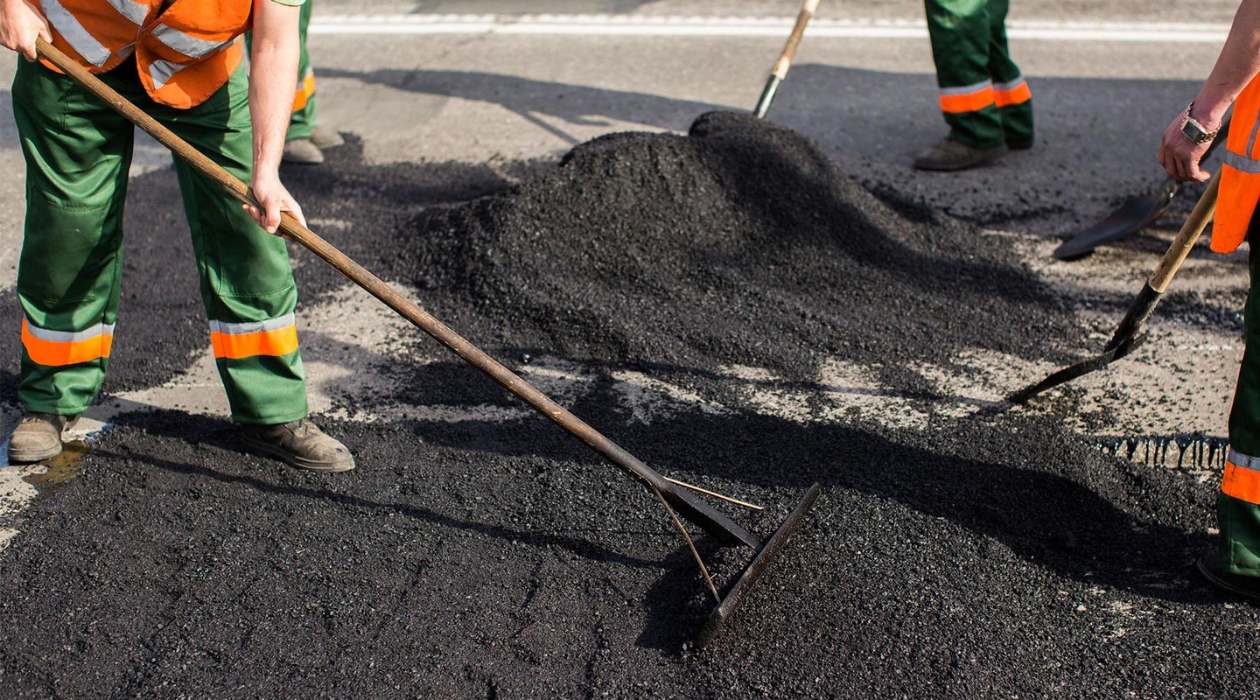
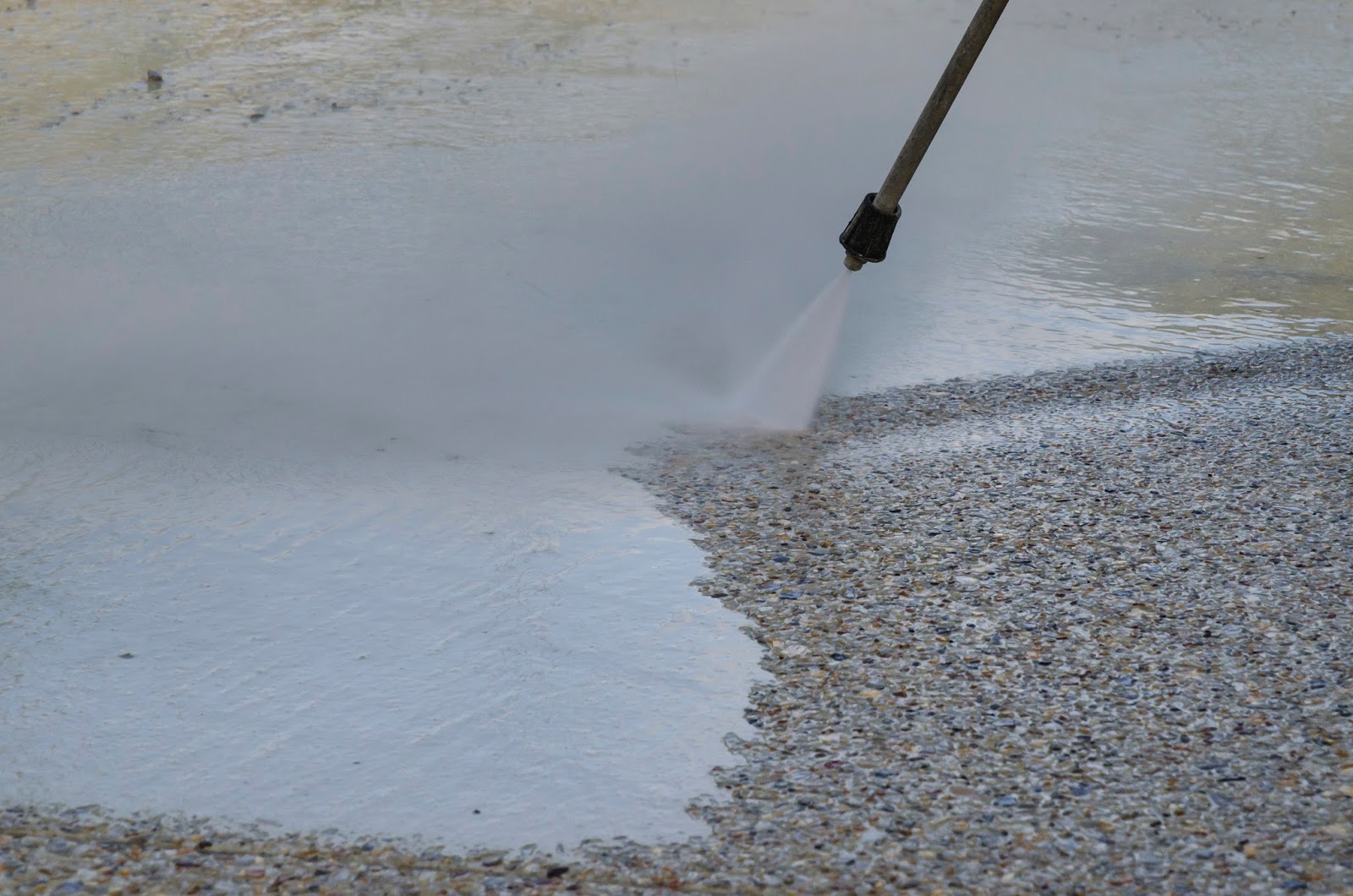
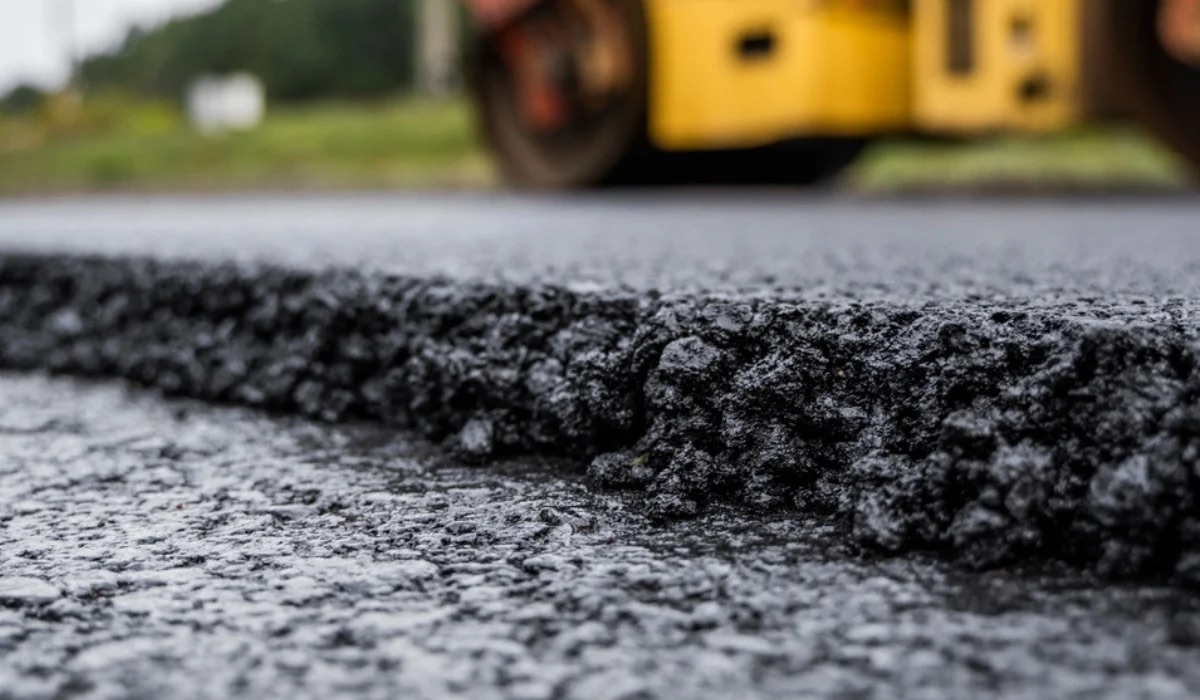

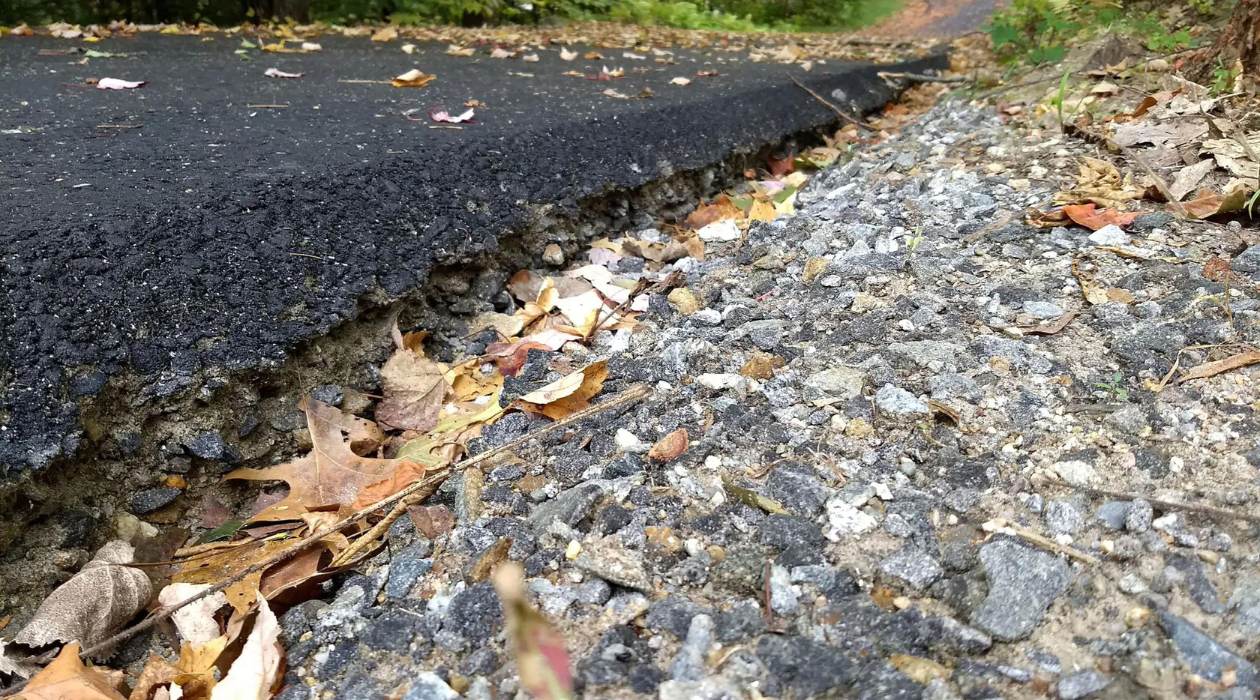
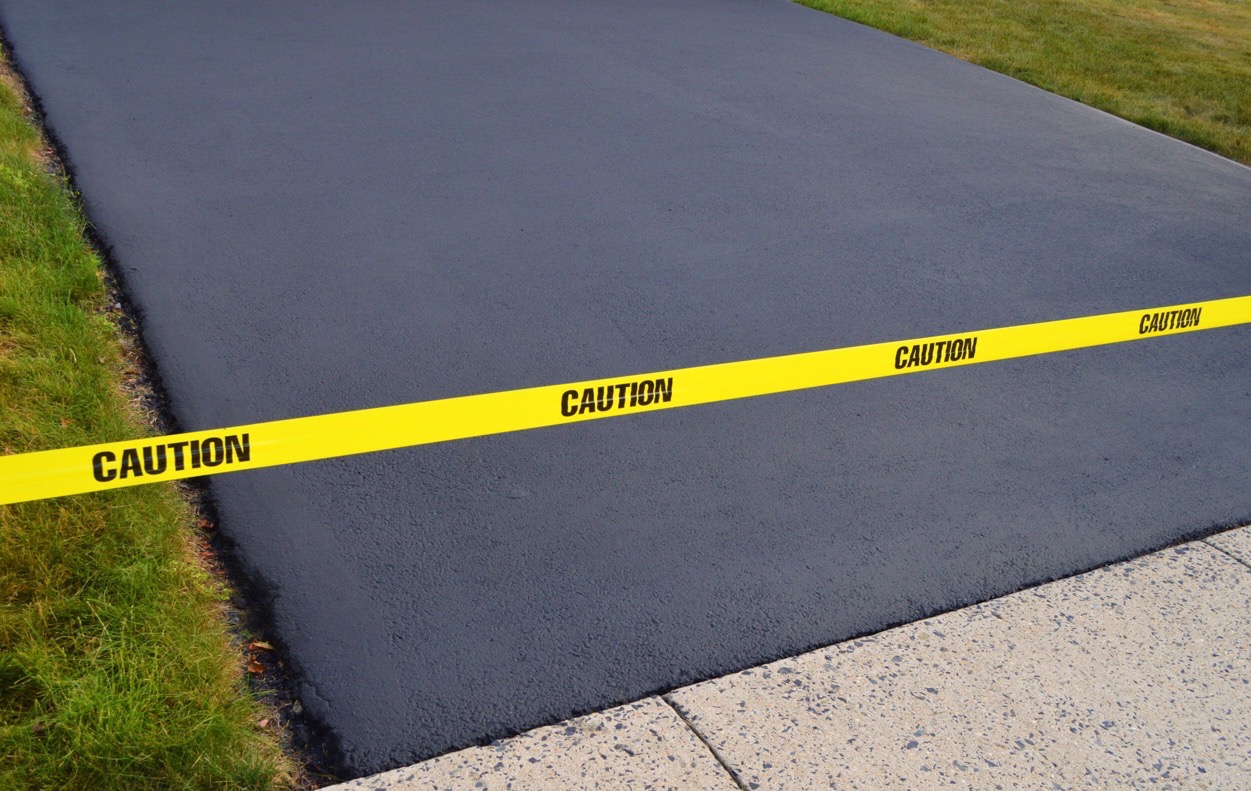
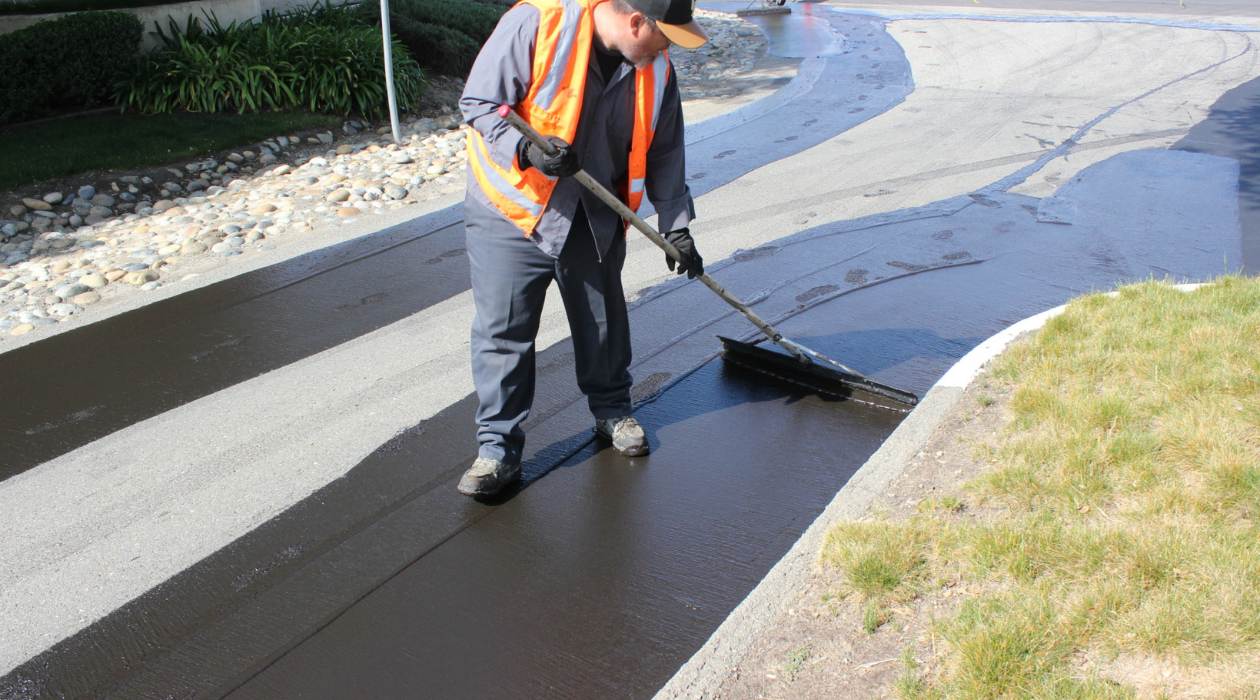
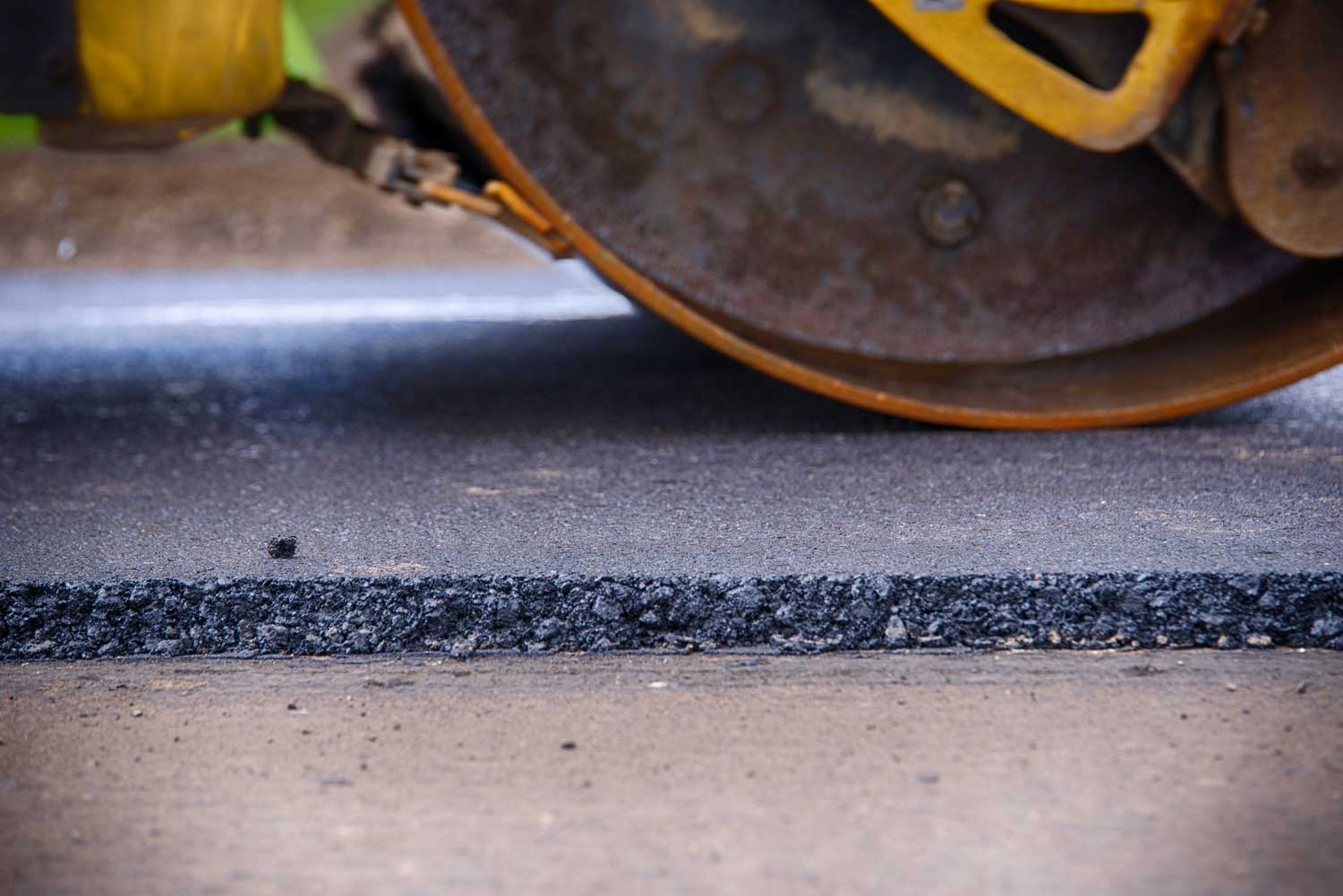
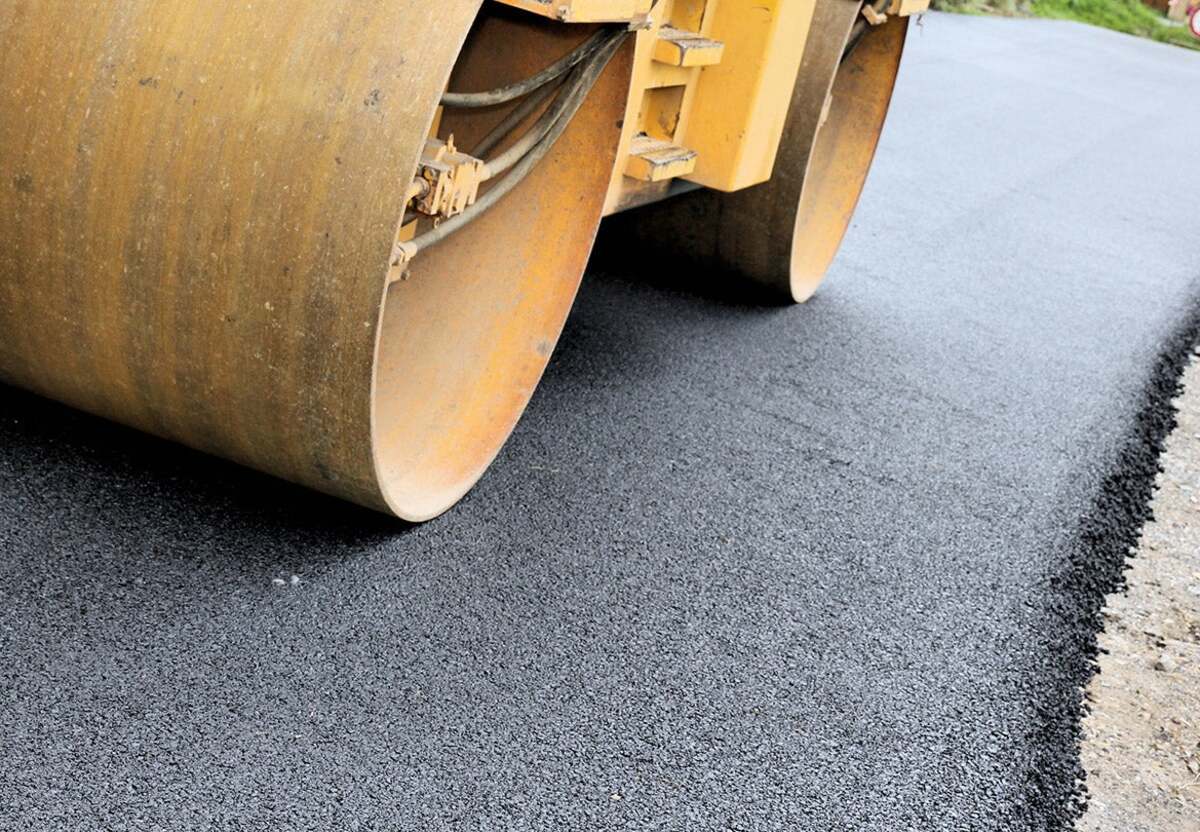
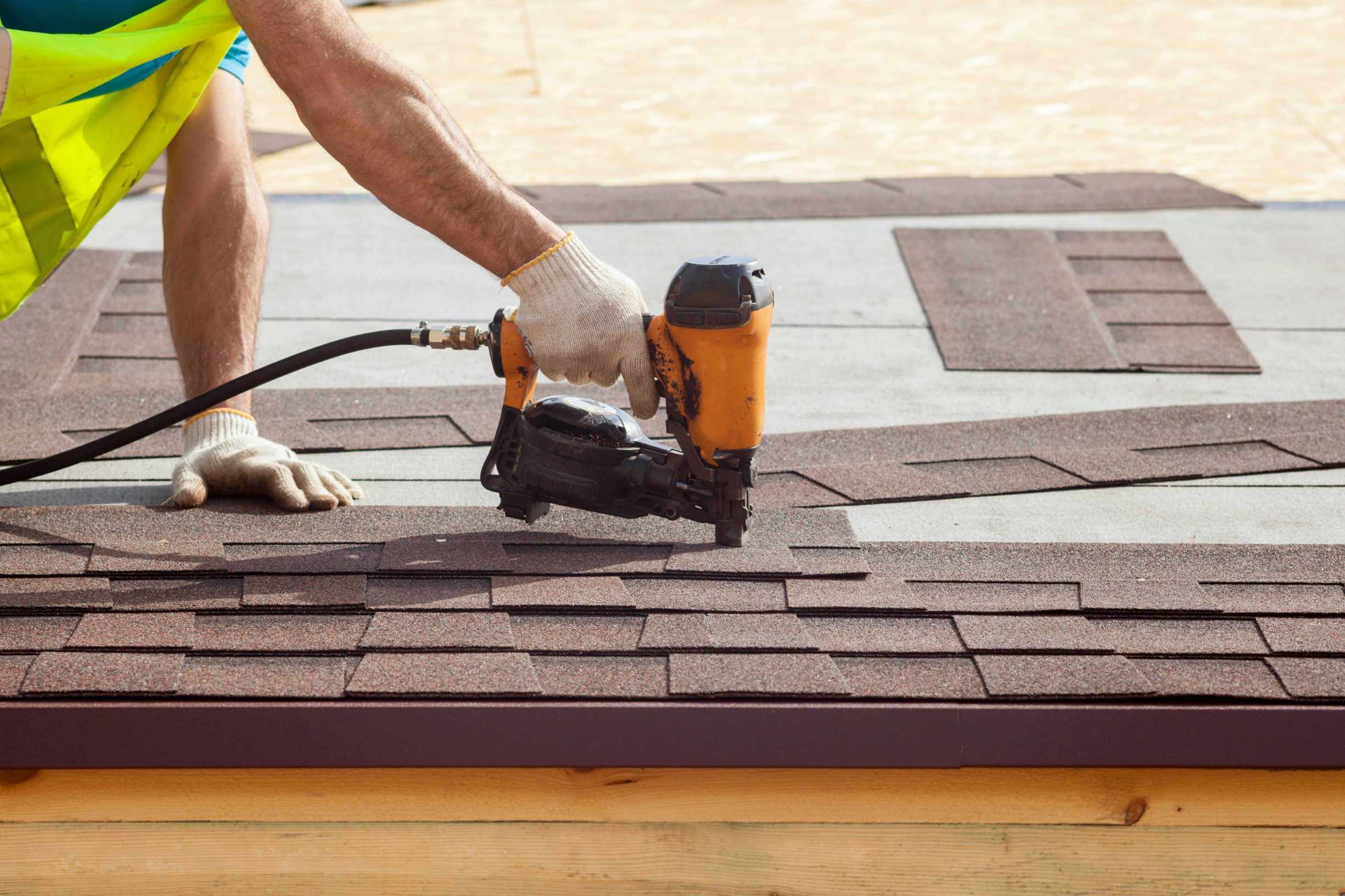


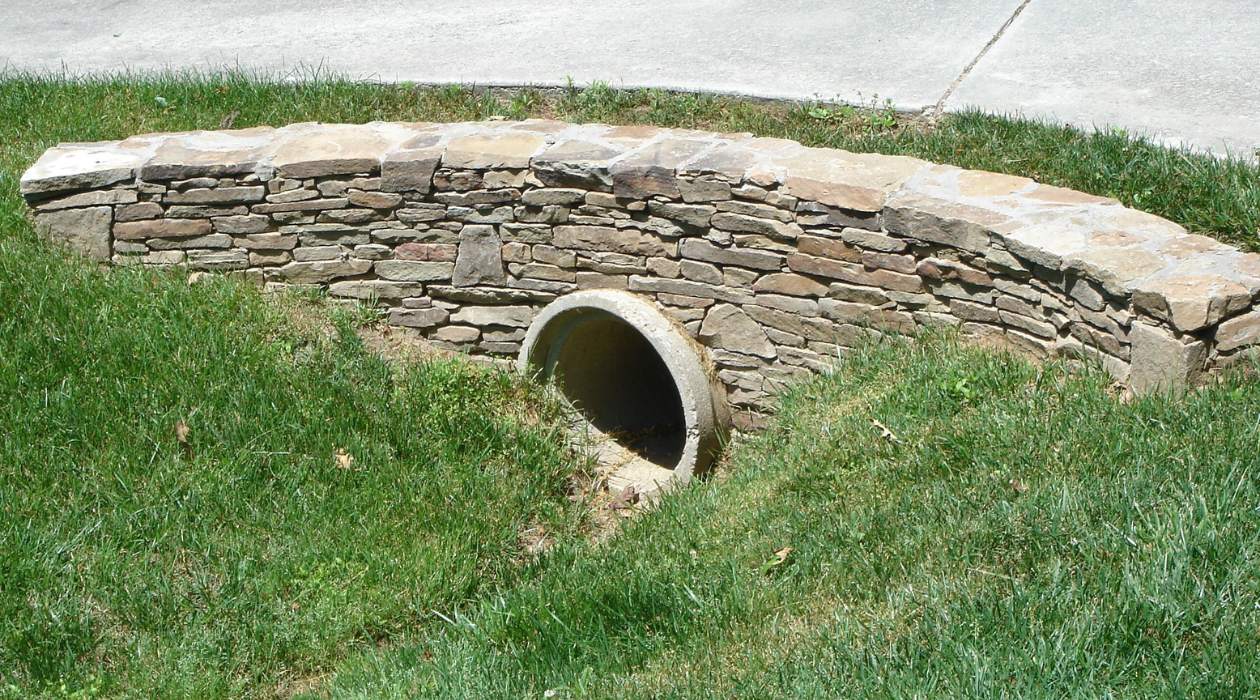


0 thoughts on “What Is An Asphalt Driveway”